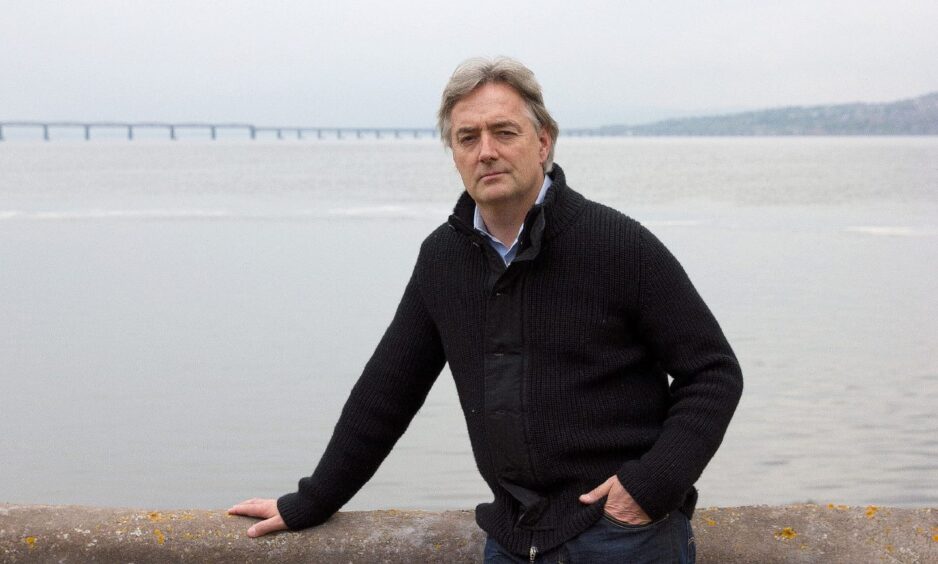
The world of football united in grief a decade ago when Ian Redford was found dead.
Redford died at his own hands on January 10 2014, within two months of opening up about the darker elements of his life in his sobering autobiography.
He was 53.
Redford wasn’t your average footballer.
Born to Ian senior, a Perthshire farmer, and Elizabeth, he grew up on a farm in the Carse of Gowrie with his mum, dad, sister Jill, and little brother Douglas.
Redford was shy and quiet but he spoke about the beginning of his footballing journey in a forgotten 1985 interview with the Sporting Post.
He said: “Like most small boys, I enjoyed kicking a ball around with friends.
“At an early age I was attending games at Muirton.
“In fact, you can say I was an avid St Johnstone supporter.
“In the great team they had at the time I recall John Connolly and Henry Hall were my favourite players.
“I attended Errol Primary and played for their team.
“I went on taking part in schools football after moving to Perth High.”
Ian Redford had a football pitch on the doorstep
As a lad he never had to go far for a game.
His father moved the cattle out of one of his fields and turned it into a football pitch.
The pitch was right outside the front door.
Young Ian used to spend hours out there practising.
Because there was nothing in the way of organised football in Errol, Ian senior also got together with a couple of friends and formed Errol Rovers.
Future Scotland international Raymond Stewart came over from Stanley to join Errol Rovers, as well as his cousin Gavin Redford.
A neighbour volunteered to help with training.
His name was Tommy Gemmell.
Gemmell was a Lisbon Lion who won the European Cup with Celtic in 1967 before joining Dundee, where he was playing under Davie White.
Gemmell was so impressed he recommended the Redford boys to White.
Young Ian became an S-form signing with Dundee FC at the tender age of 13 and was training with the first-team at 14.
He made his Dundee debut aged 17.
The Dundee fans nicknamed him The Sundance Kid because he shared a surname with Robert Redford, who played the character in the movie about the famous outlaws.
Redford was a forward-thinking midfield player and scored 39 times in 105 games including the goals against Ayr United which secured the First Division title in 1979.
Redford scored 10 goals in his first 11 matches in the Premier Division before Rangers offered a Scottish record fee of £210,000 for his services in February 1980.
Redford scored 42 goals in 247 games for Rangers during a five-year spell that was best remembered for two big cup final moments against Dundee United in 1981.
In May, the Scottish Cup final was goalless when Redford struck a last-minute penalty straight at Hamish McAlpine’s legs, although Rangers comfortably won the replay 4-1.
In November he got his revenge on McAlpine when his last-minute chip from the edge of the box sank United’s hopes of a unique hat-trick of League Cup successes.
The last of Redford’s League Cup wins came in October 1984 – against United.
Redford left Ibrox in 1985.
United brought him back to the city and he became a midfield regular under Jim McLean and went on to make 155 appearances and score 32 goals.
With United, he picked up runners-up medals in the Scottish Cup and Uefa Cup.
It was his goal against Borussia Mönchengladbach, in the final minutes of a semi-final away leg, that clinched the famous date against IFK Gothenburg in 1987.
Redford’s love of old motor cars and other vintage vehicles developed when he struck up a friendship in Glasgow with an expert in restoring prized old vehicles.
He opened the Highland Motor Heritage Centre at Bankfoot.
All the vehicles on display were loaned by collectors and there was also a car restoration workshop plus associated restaurant and craft shop.
Sadly, the venture did not last long.
Redford joined Ipswich Town in November 1988 and scored eight goals in 68 appearances before moving back to Scotland in 1991 to sign for St Johnstone.
He was appointed player-manager of Brechin City in 1993 but resigned in August 1994 when a lack of finance forced him to cut his playing staff from 22 to 17.
Redford ended his career with silverware
He teamed up with old friend Jimmy Nicholl at Stark’s Park and joined Raith Rovers on a one-year contract, which proved a fitting swansong to a wonderful career.
Redford won the First Division championship with Raith as well as the famous League Cup medal when he returned to Ibrox and helped his side shock Celtic in the final.
In the 1990s, Redford took the necessary exams to become both an accredited coach and a licensed football agent.
But beneath the success he struggled with his demons, something he revealed in his autobiography Raindrops Keep Falling On My Head in November 2013.
He came through a lot of heartache.
He became deaf in one ear as a child and did what he could to keep the fact a secret.
When Redford was 12 his younger brother, Douglas, died of leukaemia.
He had not been told of the seriousness of the illness.
On the day of the funeral, Redford, then aged 12, was sent to school as normal.
The bereavement changed everything.
He candidly talked about his tempestuous relationship with his own father, his mother’s battle with alcohol and his own personal struggle with depression.
His openness and brutal honesty came as a surprise to his former team-mates.
Redford spoke to The Courier in December 2013 before a book signing in Dundee and said his brother’s death devastated his young life but gave him survival motivation.
“These things have ways of coming out after a trauma,” he said.
“There was no counselling in those days – everything is so much more out in the open nowadays.
“I had bouts of depression during my playing career – there were times when I wasn’t sure what I was doing and there were a whole lot of unresolved issues.”
He gave a word of advice for anyone facing hard times.
He said: “Try to have a goal and a focus and something to work towards – that is an enormous help and something that everyone can try to do.”
He ended his life a few weeks later in some woods.
Death of Ian Redford shocked Scottish football
My former DC Thomson colleague, James Masson, 40 years on the Evening Telegraph, knew Redford well and said he was shocked to learn of his death.
He recalled: “I had some great times in his company.
“One I particularly recall was when I asked him to come to Perth High School with me to meet a young lad who had just signed for St Johnstone.
“I think it was David Wotherspoon, who is now a Canada international player.
“Ian and I had two things in common. We both went to Perth High and our favourite player was St Johnstone legend John Connolly.
“Ian was happy to come and give advice to a young man who was taking his first steps into senior football.
“I kept in touch with Ian long after his playing career with Dundee, Rangers, Ipswich Town, Dundee United and St Johnstone was gone.
“Despite his stellar career, he was never super-starry, he was just an ordinary guy who happened to be a good football man.
“He was a very humble person and I think of him a lot.
“Ian Redford was one of life’s good guys.”
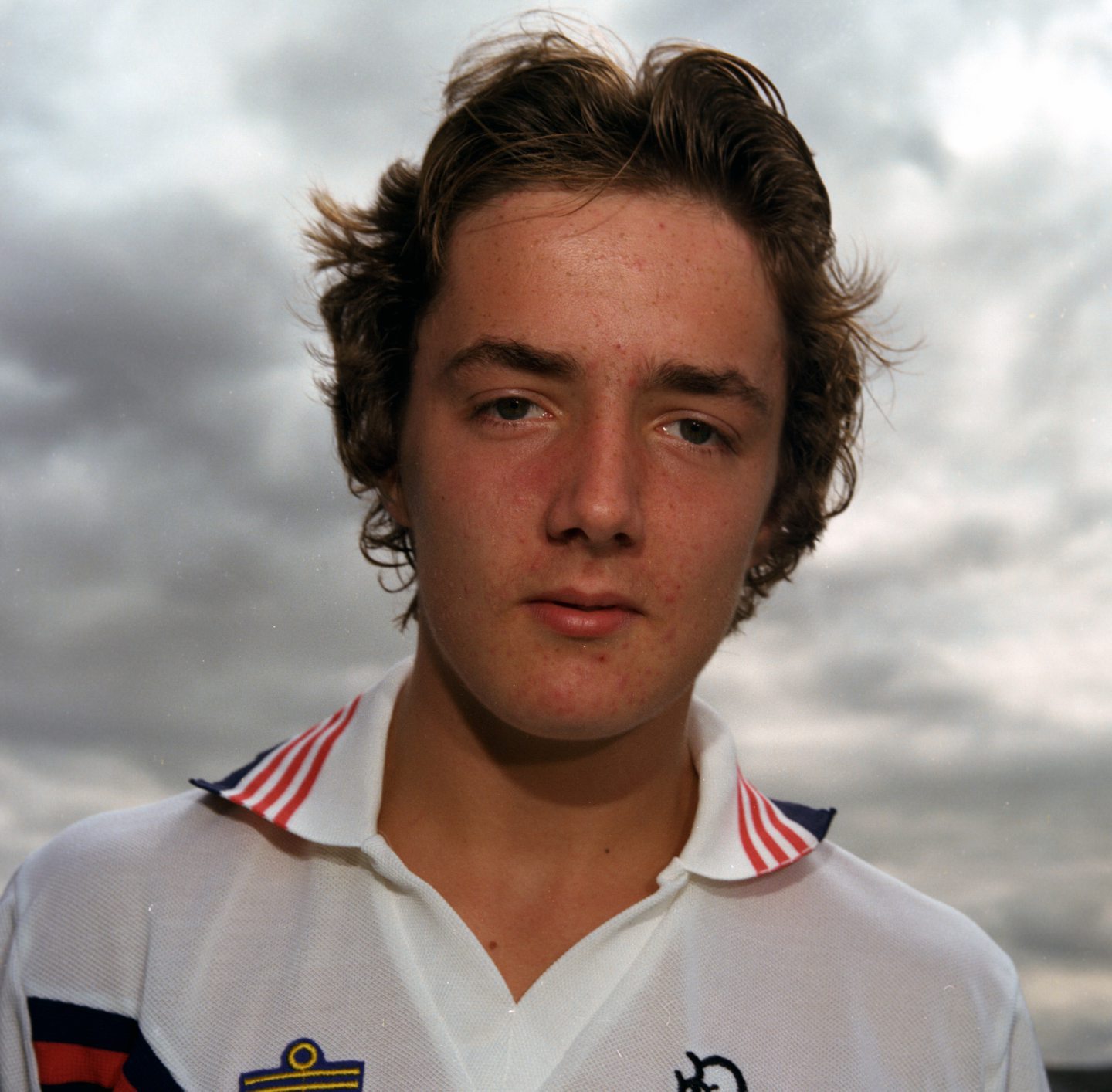
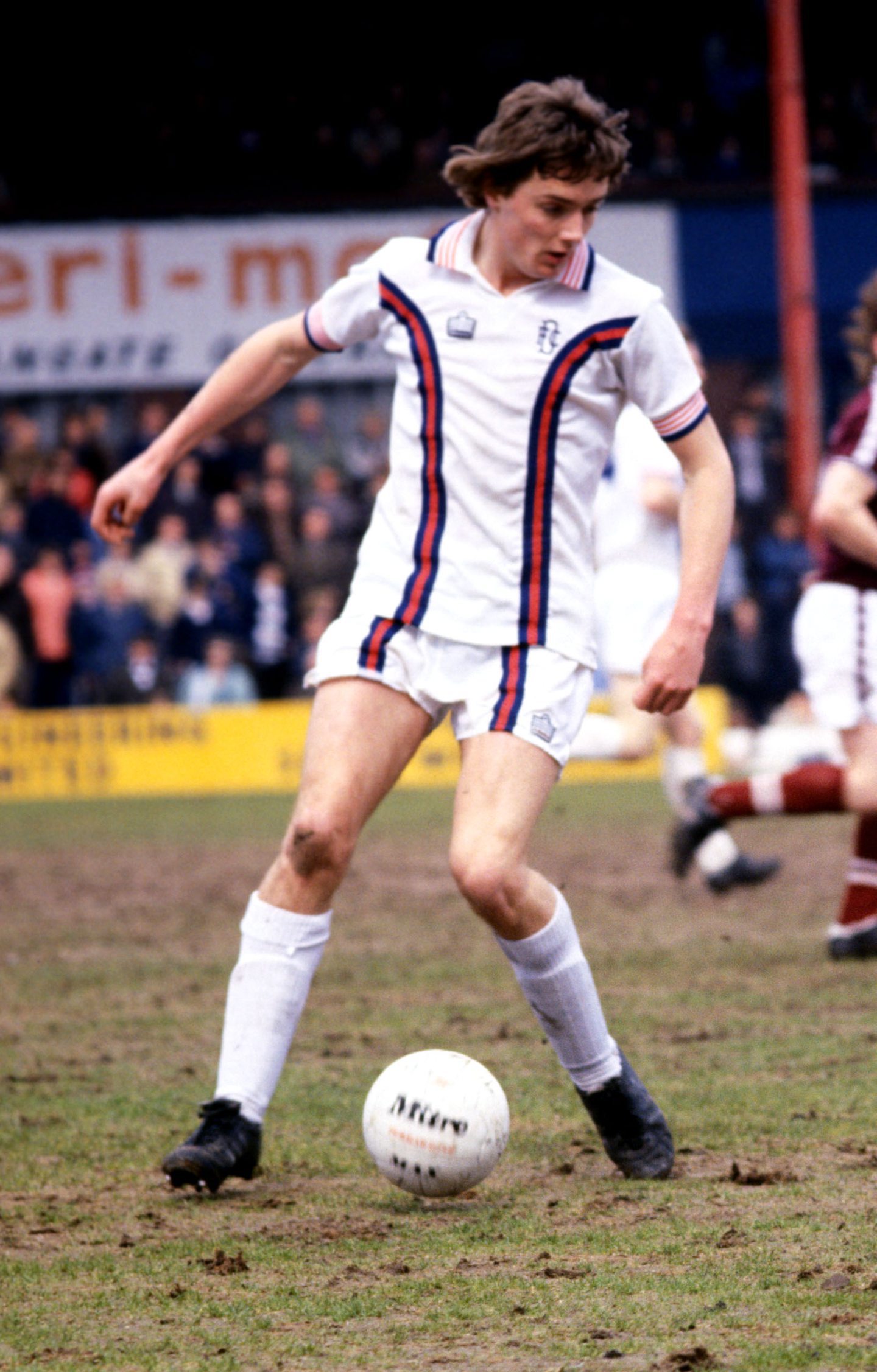
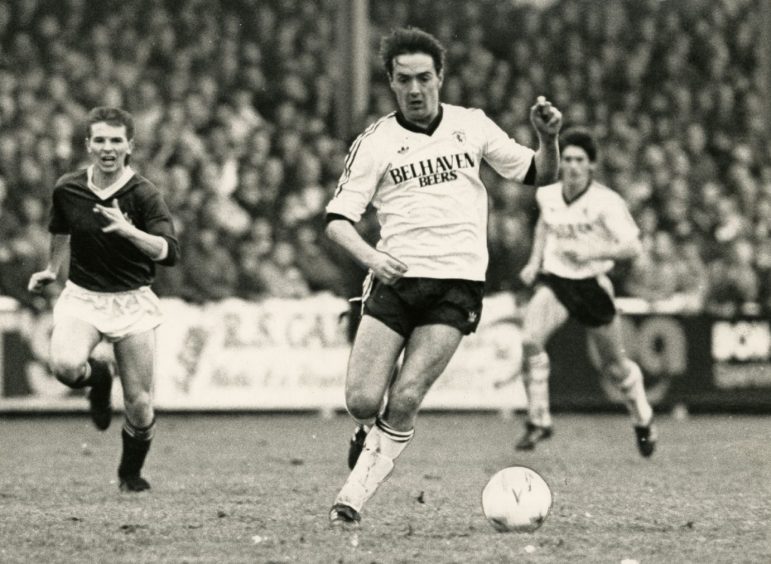
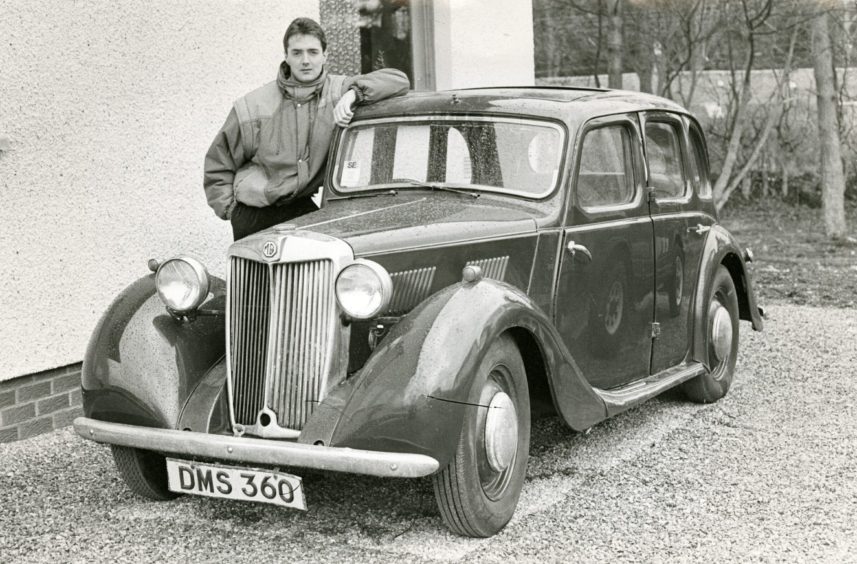
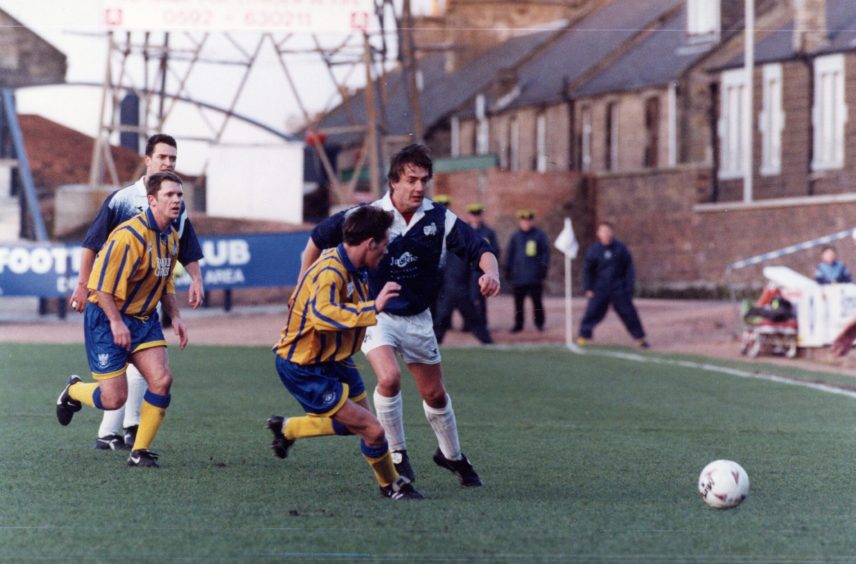
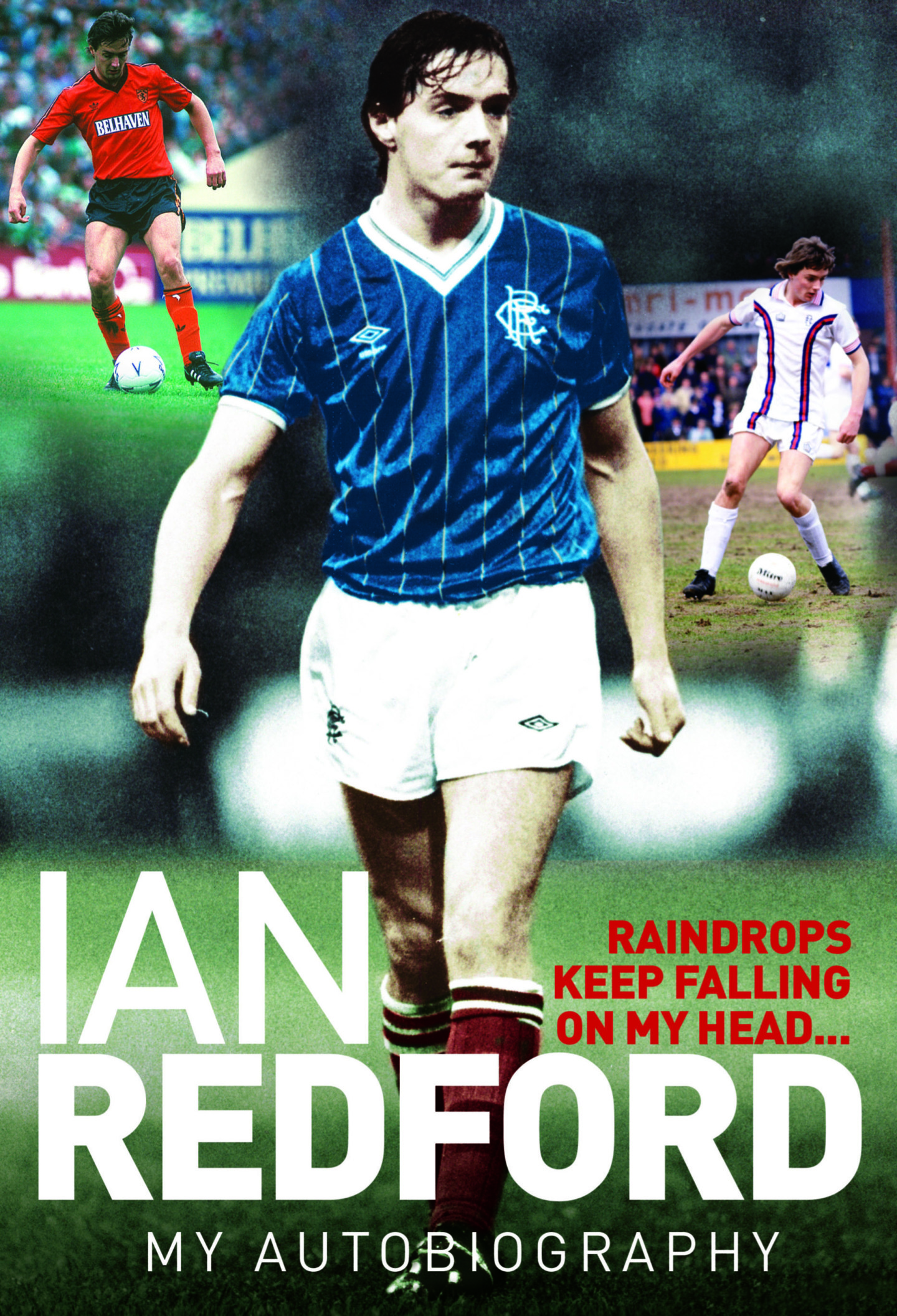
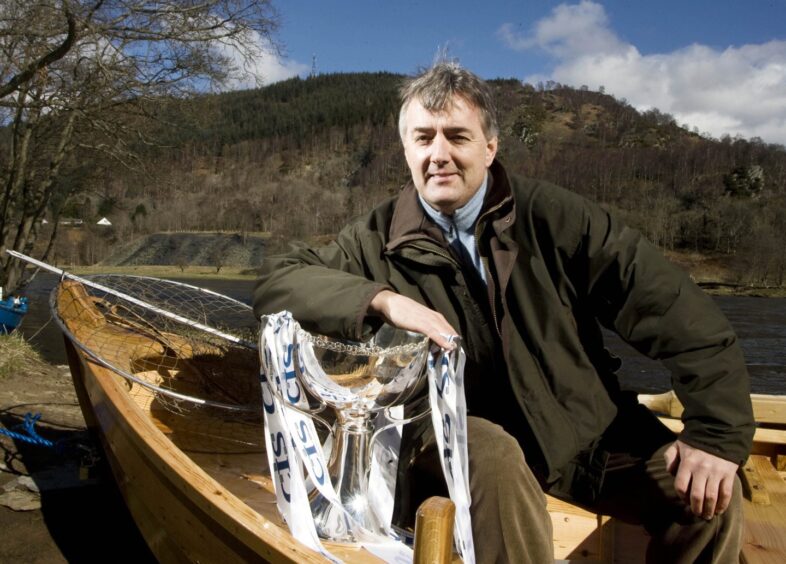
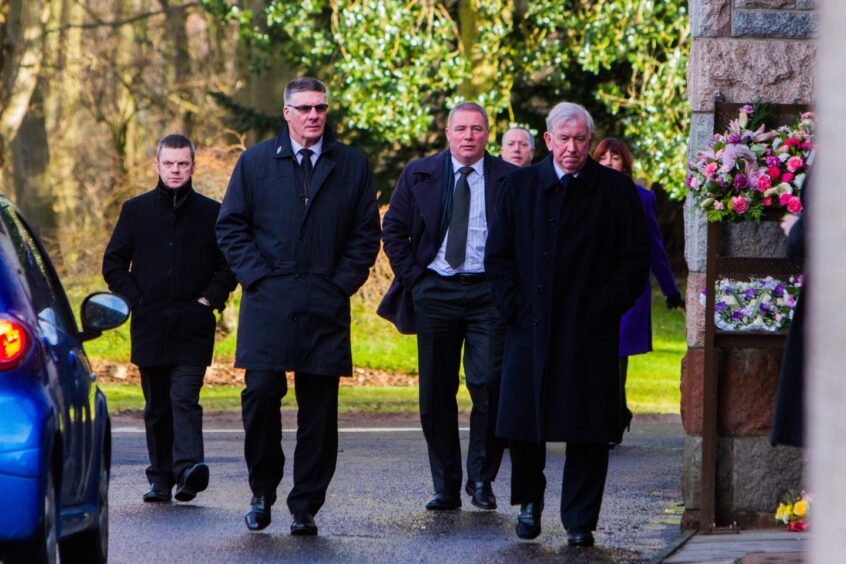
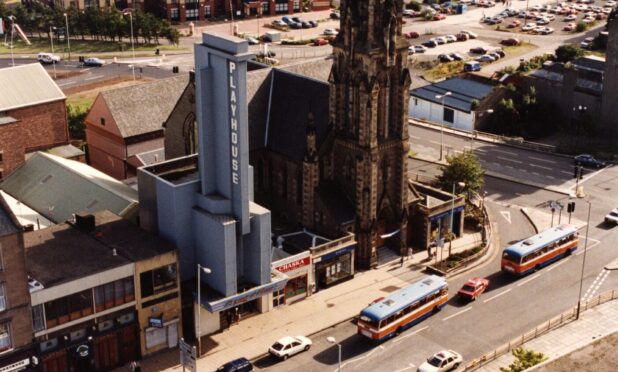
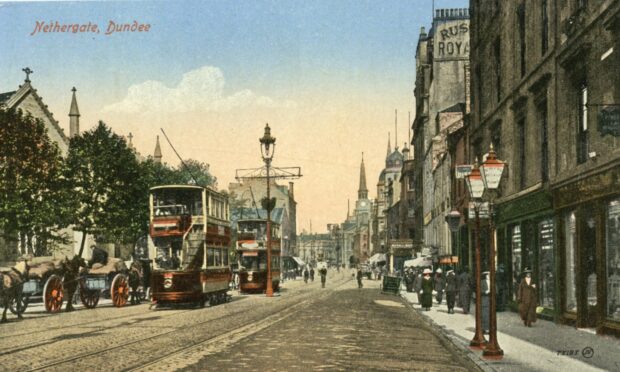




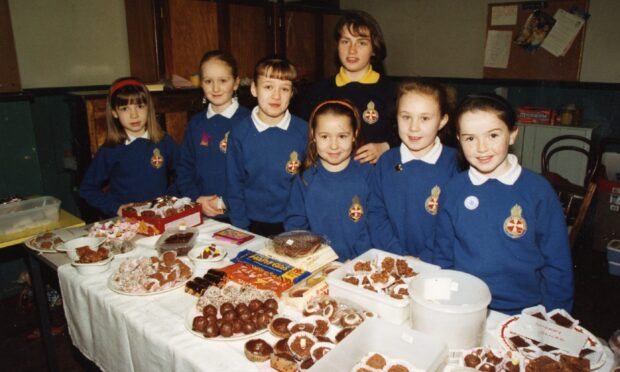



Conversation